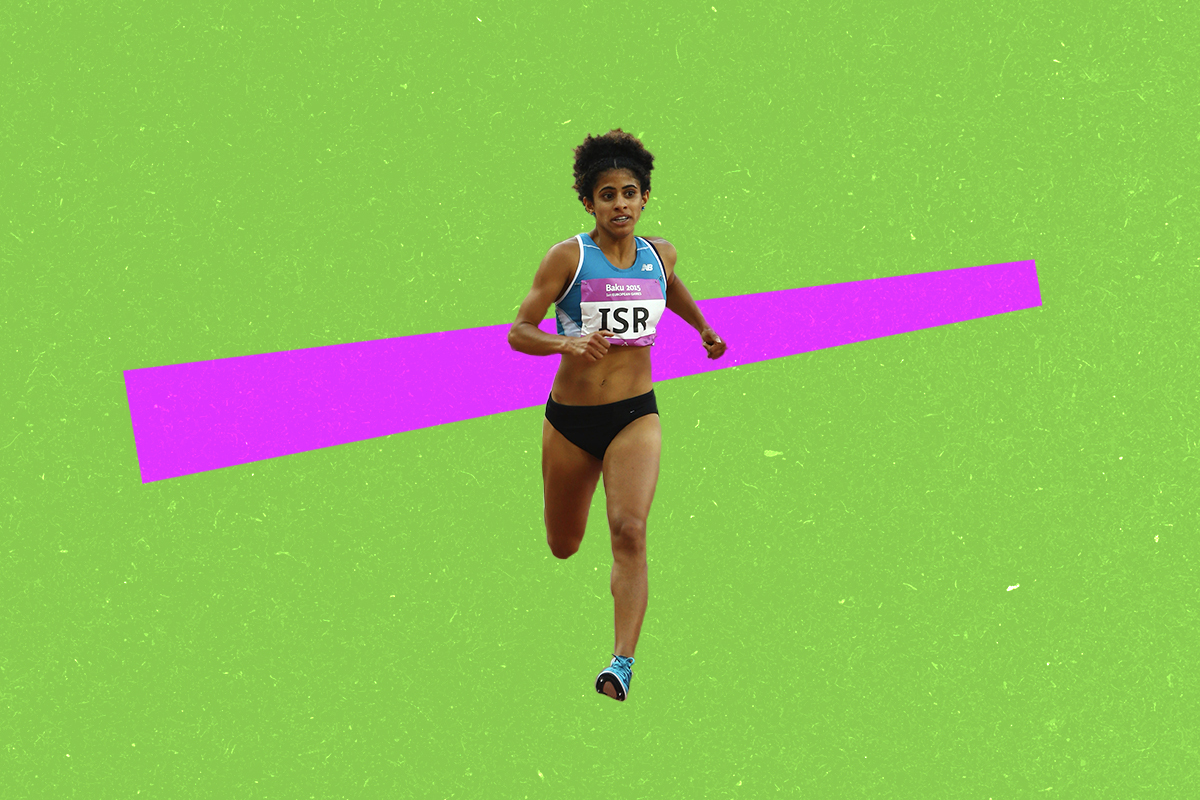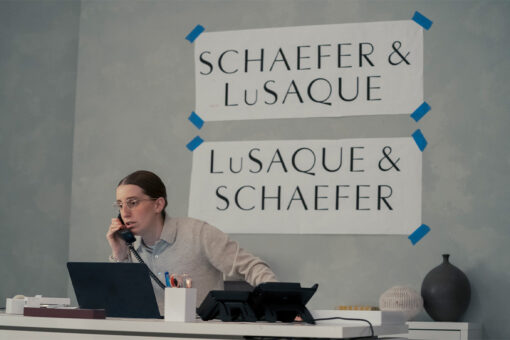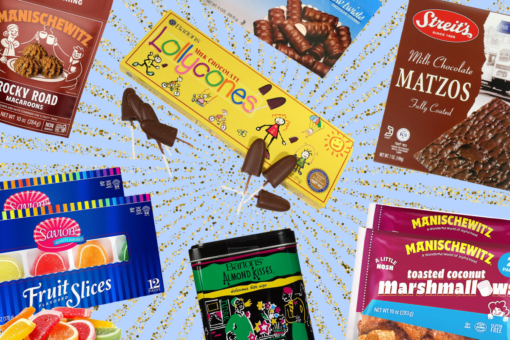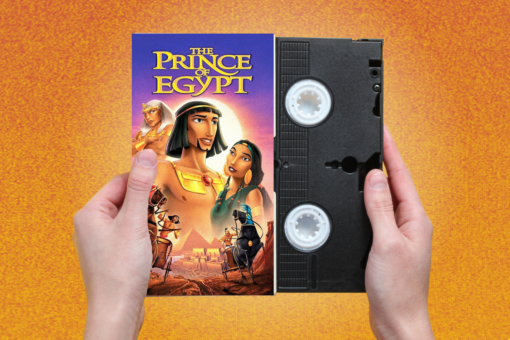Maor Tiyouri is an Israeli long distance runner who held the national record in the 5,000 meter race. But, it was after running her first-ever marathon in Ottawa in 2016 that she qualified for the Rio Olympics in the marathon category. She’ll be running the marathon again at the upcoming 2020 Tokyo Olympics (held in 2021, naturally).
Maor grew up in Kfar Saba, Israel, and attended the University of San Francisco, where she ran cross country and majored in exercise and sports science. She then decided to stay in the U.S. to become a professional runner. It’s worked out pretty well: Maor is a three-time Israeli national champion (in 2013 for the 1,500 m and 5,000 m, and in 2015 for the 1,500 m) and until 2018, was the Israeli record holder in the 5,000 m.
Ahead of the 2020 Games, the Olympic standard for qualifying for the marathon changed — it dropped from 2:45 to 2:29:30 for women. For Maor, this meant she’d have to run 13 minutes faster than her personal best to qualify, which she achieved at the April 2021 Cheshire Marathon, clocking in at 2:29:03. But it wasn’t totally smooth sailing to get to that point: In December 2020, Maor contracted COVID-19, writing on Instagram that it was her “worst nightmare come true.”
Luckily, she recovered and was able to resume her training. Over e-mail, Maor and I chatted about the lead up to the delayed Tokyo Olympics, being the granddaughter of Iraqi and Iranian Jews, and what it means to represent Israel on the world stage.
This interview has been edited and condensed for clarity.
What sports did you play growing up? When did you figure out you wanted to be a runner?
Growing up in Israel, I did gymnastics, Krav Maga (martial arts), tennis and athletics [track and field]. At the age of 12 or 13 I had to choose to focus on one sport I wanted to do after school, and I chose athletics. I feel like running chose me in a way, because I kinda grew into it. I won races, set Israeli records in the respective ages and realized I was good at it. It fueled my fire and I decided to keep with it.
How has the lead-up to the Tokyo Olympics been? What was the year delay like for you?
Honestly, the time between Rio and Tokyo was way different than I expected and imagined it to be. I switched coaches back in 2017, had a few injuries that sidelined me for a couple years and then COVID. However, now that I look back, I am proud of my journey. I think all the hardships made me a stronger athlete and a stronger person. I grew a lot. The last 18 months, with COVID especially, was tough for all athletes, but in a way, I think it played to my benefit. I don’t know what would have been last year, but I know I qualified for Tokyo this year, so that’s what matters.
I know the change in qualification from 2:45 to 2:29:30 for the marathon was a big difference. What was it like to get your time down?
When they changed it back in 2018 I was devastated, because it seemed like such a huge jump at the time and I didn’t fully believe then that I could quite get it in time for Tokyo. That kinda goes with the above question — all the time that I “lost” for injuries, and personal challenges as well. But I don’t know where something flipped in me and I knew I had to raise my game if I wanted to be on that starting line. The bar was raised by my peers as well and that fueled me. That, together with my breakthrough performance at World Half Marathon Championships, gave me the necessary motivation and belief that I could do it.
What’s it like training in Colorado?
Colorado is an amazing place to train in. The environment is conducive for athletic success; there are many high-caliber athletes who always help you raise your game. My coach and my team are there. I enjoy the abundance of great and beautiful places to run at and the altitude which makes you stronger.
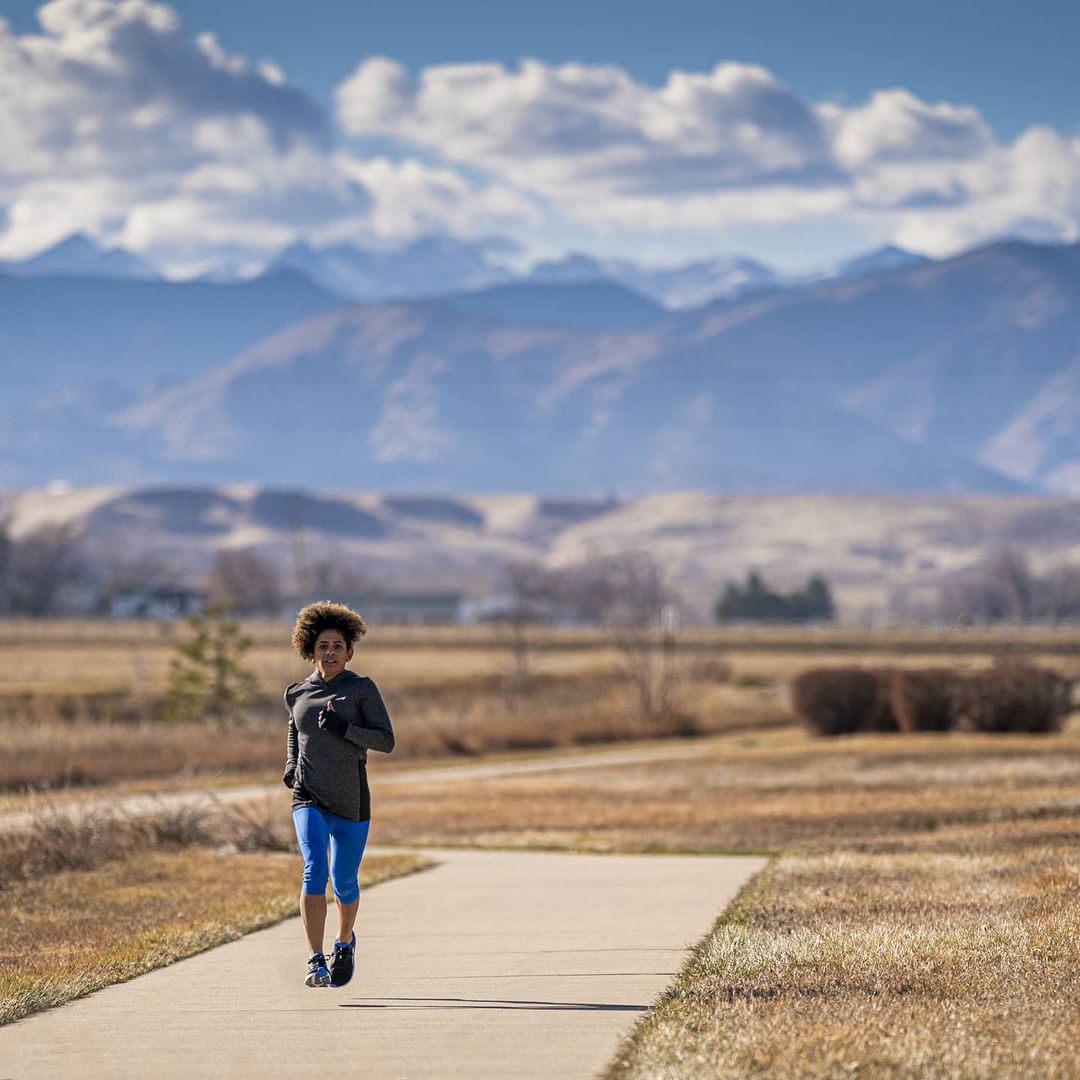
What does being Jewish mean to you?
For me Judaism is more like a culture than a religion. Since I grew up in Israel, Judaism is an integral part of my life and thus my identity as a person. Being Jewish also connects me to my roots and my ancestors, going back to the Jewish people in Iran and Iraq (where my grandparents and their families are from). I am glad we are alive to witness and live this day when the Jewish people have their own country.
What does being a Jewish athlete mean to you?
I feel more strongly about my identity as an Israeli athlete that is strongly related to being Jewish. Representing Israel, such a small country that has known so many hardships in the little amount of time she existed, is such an honor and a privilege. I am proud of our country and what we have achieved. And I am proud of myself that I was able to grow up and grow into the athlete that I am as an Israeli. I feel like I carry in me everything that is Israeli and I am honored to be an ambassador of our country and our people on the biggest athletic stage in the world.
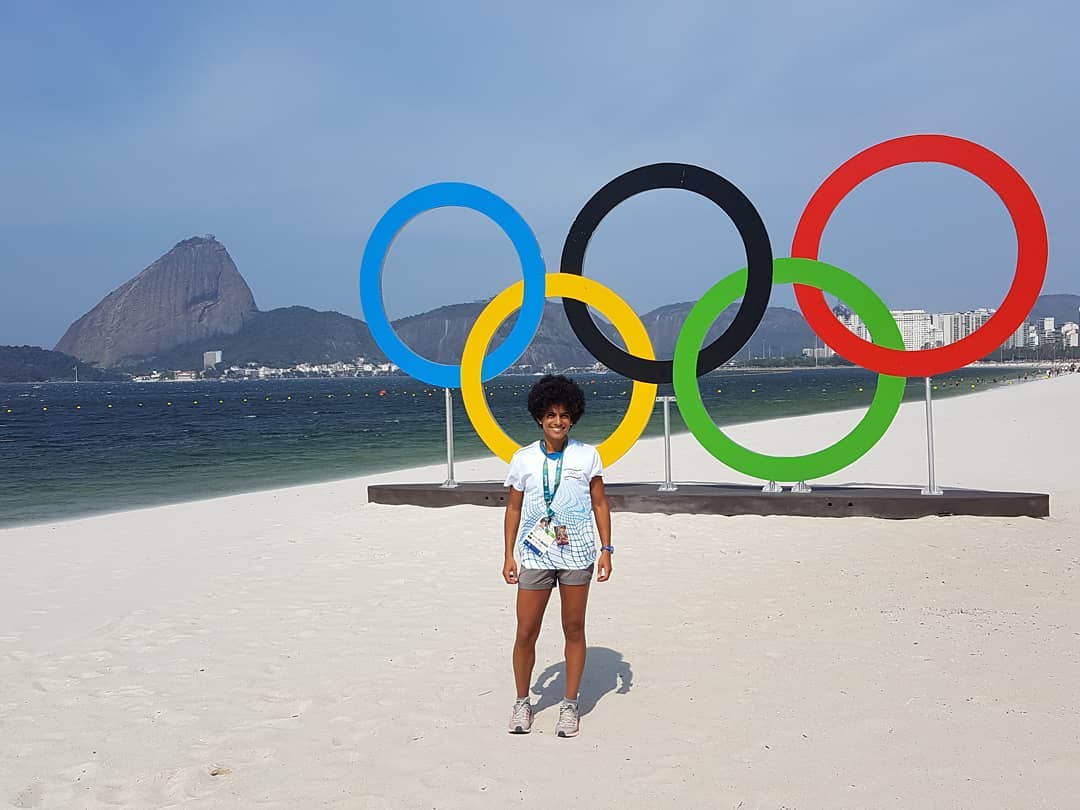
How does it feel to represent Israel for the second time?
It is an elating feeling. I feel like it is such a huge achievement, especially taking into account overcoming all the challenges I faced leading up to it — and the fact I had to run 13 minutes faster than my PR [personal record] to achieve [the Olympic] standard.
What has been the proudest moment in your career?
Qualifying for my second Olympic Games!
